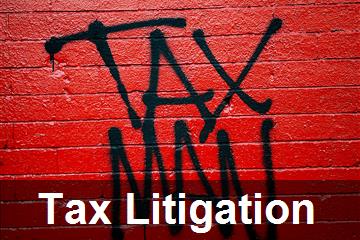
04 ott 2024
The Italian Supreme Court has clarified that a criminal acquittal, finalized before the reform of sanctions, can influence ongoing tax litigation if the case is still pending.
This decision, based on the new Article 21-bis of Legislative Decree 74/2000, allows for the criminal acquittal to have res judicata effect in tax proceedings, provided the acquittal was due to the non-existence of the fact or the defendant's non-involvement.
The ruling marks the first application of this reform, emphasizing the need for the tax case to be pending as of June 29, 2024, for the acquittal to impact the tax judgment.

The Italian Supreme Court has recently addressed a significant issue regarding the intersection of criminal and tax law.
In a landmark decision, the Court ruled that a criminal acquittal, which became final before the reform of sanctions, can have a binding effect on ongoing tax litigation, provided the case is still pending.
This principle was established in the context of a taxpayer who was accused of using invoices for non-existent transactions.
Initially, the taxpayer's appeal was successful, but it was overturned on appeal.
The taxpayer then appealed to the Supreme Court, presenting a criminal acquittal that had become final.
The Court noted that the new Article 21-bis of Legislative Decree 74/2000 allows a criminal acquittal to have res judicata effect in tax proceedings if the acquittal was due to the non-existence of the fact or the defendant's non-involvement, and if the tax case is still pending as of June 29, 2024.
This decision is the first to apply the new norm, highlighting the importance of the case's pendency for the acquittal to influence the tax judgment.
Taxpayers with pending cases should consider contacting the tax office to potentially avoid unnecessary litigation, as identical facts should lead to the annulment of the tax assessment.
